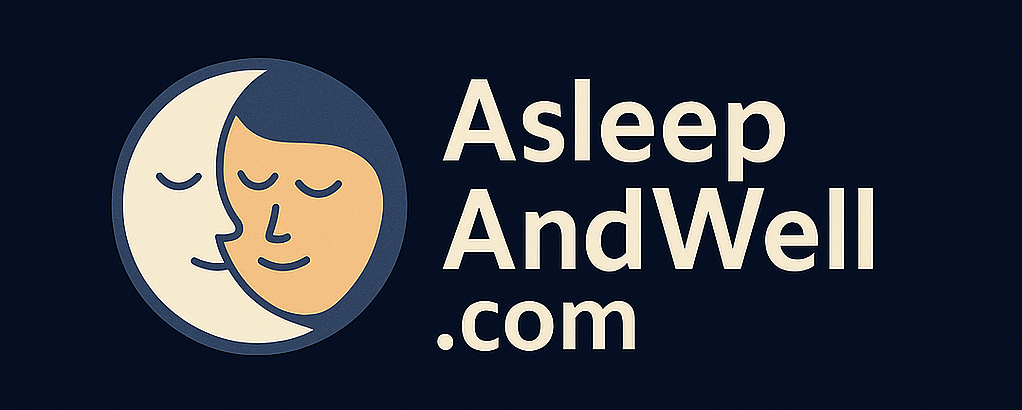💤 The Perfect Sleep Routine: What To Do 90 Minutes Before Bed for Deeper, Better Sleep
If you struggle with falling asleep, staying asleep, or waking up more tired than when you went to bed – you’re not alone. The good news? A simple night-time routine, especially during the 90 minutes before bed, can make a massive difference to how well you sleep.
This is something I’ve been working on myself, and once I started taking it seriously, my sleep totally changed. Let me walk you through how to build your own wind-down routine – no pressure, no gimmicks, just simple stuff that really helps.
🧠 How a Bedtime Routine Helps You Sleep Better at Night
Whether you’re tired but wired, glued to your phone late at night, or struggling to unwind after a stressful day, a wind-down routine can help you shift into sleep, naturally and consistently. Getting good sleep isn’t just about what happens when your head hits the pillow. It starts long before that. A gentle wind-down routine helps your body and mind shift gears from “doing” to “resting.”
If you often feel wired at night, struggle to drift off, or wake up feeling unrested, creating a consistent pre-bed routine can make a real difference.
And that’s where a gentle, consistent pre-bed routine comes in.
🕐 Your 90-Minute Sleep Routine: A Gentle Timeline
This routine isn’t rigid. You can make it your own. But if you’re wondering where to start, here’s a rhythm I’ve found super helpful:
⏰ 90 Minutes Before Bed: Power Down Gradually
- Turn off major tasks or anything mentally demanding
- Dim lights around the home to cue melatonin production
- Settle the evening with slower-paced activities (reading, stretching, chatting)
⏰ 60 Minutes Before Bed: Shift to Soothing
- Avoid screens or use blue light filters if needed
- Put away emails, work apps, or anything that triggers tension
- Change into comfortable clothes or pyjamas
- Consider a warm bath or shower to help core body temp drop naturally
⏰ 30 Minutes Before Bed: Prepare the Sleep Space
- Adjust lighting (ideally low and warm)
- Set a comfortable room temperature (16-19°C or 60-67°F is ideal)
- Use calming sounds, essential oils, or sleep sprays if helpful
- Remove clutter, charge your devices elsewhere, and turn off notifications
⏰ 15 Minutes Before Bed: Calm the Mind
- Try gentle breathwork (e.g. 4-7-8 breathing or box breathing)
- Do a short guided meditation or body scan
- Write in a worry journal or brain-dump thoughts to quiet mental noise
🖊 Try the 10-3-2-1-0 Rule
This simple rule offers a shorthand guide to structure your evenings:
- 10 hours before bed – No caffeine (it can linger in your system and reduce deep sleep)
- 3 hours before bed – No food or alcohol (they can disrupt digestion and REM cycles)
- 2 hours before bed – No more work (mental stimulation can keep your brain active)
- 1 hour before bed – No screens (blue light delays melatonin)
- 0 – No snooze button in the morning (disrupts natural sleep rhythm)
It might not be perfect every night, but even hitting a few of these consistently can make a noticeable difference.
🧠 What to Eat (and Avoid)
A full stomach can keep you up, but a small snack might help if you’re slightly hungry.
Helpful bedtime snacks:
- Greek yogurt
- Cherries or cherry juice
- Oatcakes or wholegrain toast
- Warm milk with turmeric or honey
Avoid within 6–10 hours of bed:
- Caffeine (coffee, tea, dark chocolate – effects can linger for hours, especially if you’re sensitive)
- Alcohol (can disrupt REM sleep)
- Sugary treats or heavy/fatty meals
📌 Tip: Caffeine affects people differently, but earlier is usually better. Aim to stop by mid-afternoon for best sleep.
😬 Tackling Bedtime Procrastination
You know you should sleep… but you scroll, binge-watch, or just avoid it altogether. This is known as revenge bedtime procrastination, and it’s common when your day feels overly full or unbalanced.
Try this instead:
- Set a “screens off” alarm 1 hour before bed
- Lay out your sleep clothes or prep your wind-down space earlier in the evening
- Reframe wind-down time as your time, not lost time
A real-life example? You tell yourself “just one more episode,” and suddenly it’s midnight. Pre-committing to a relaxing task (like a short podcast or a warm shower) gives your brain a clear off-ramp.
🤦 When a Routine Isn’t Enough
Sometimes, even a solid routine doesn’t solve everything. If sleep struggles persist, Cognitive Behavioural Therapy for Insomnia (CBT-I) is the gold standard treatment.
It targets unhelpful sleep thoughts, behaviours, and patterns – and can be more effective than medication long-term.
We’ll be covering CBT-I in more detail soon. For now, just know: help exists, and you’re not alone.
🛍️ Tools That Might Help
- Blue light glasses – filter out stimulating light from screens
- Smart lights with warm tones – shift your environment gradually toward rest
- Weighted blanket – helps calm the nervous system
- White noise or pink noise machines – block sudden environmental sounds
- Calm or Headspace apps – guided meditations and wind-down soundscapes
- Lavender or chamomile pillow sprays – cue your brain for rest through scent
📝 Final Thoughts
If there’s one thing I’ve learned, it’s that sleep doesn’t just happen – we have to create space for it.
This routine doesn’t have to be perfect or rigid. Even doing two or three of these steps consistently can make a difference. The more you practice, the more your body starts recognizing: “Okay, we’re winding down now.”
Try it for a week, or even try one small change tonight, and let me know how you get on – and if you’ve got any bedtime tips of your own, I’d genuinely love to hear them.
Until then, sleep well 💤
